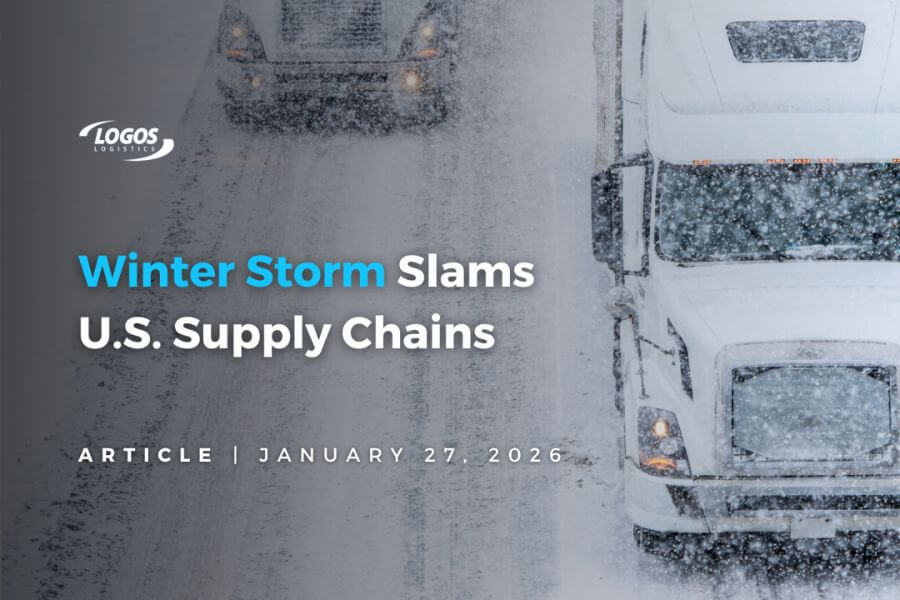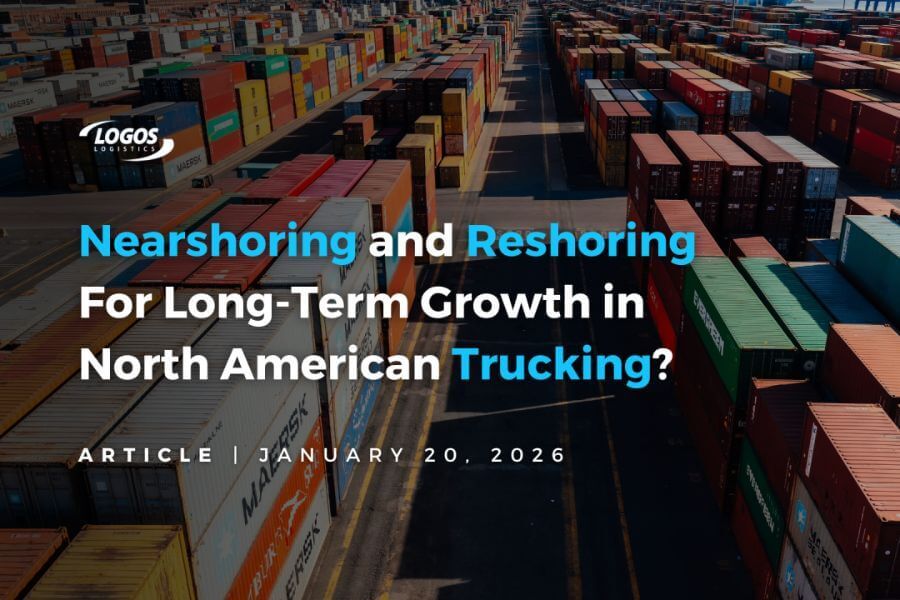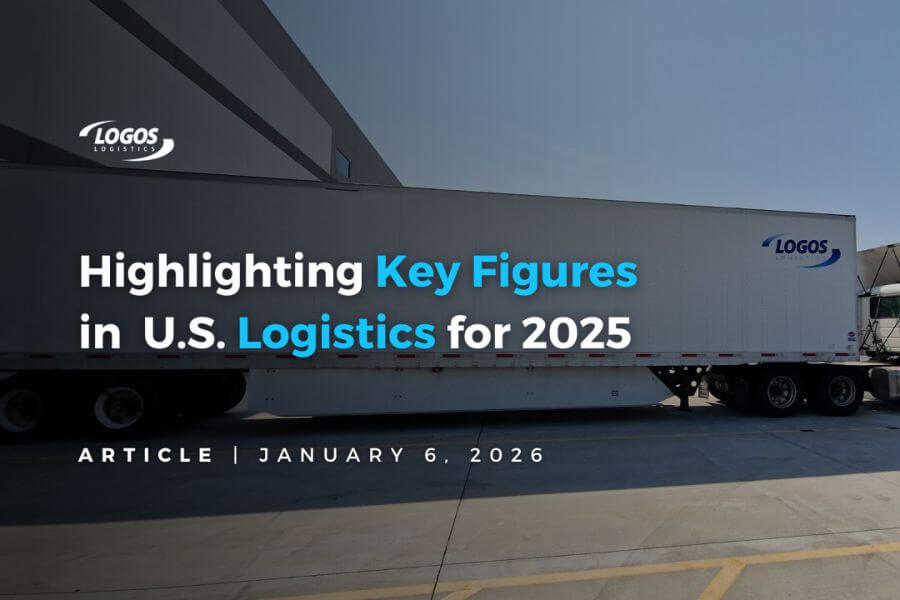Efforts to reach tariff agreements with the Trump administration are facing resistance from major trading partners such as Japan, India, and the European Union. These nations are reluctant to finalize deals without knowing the full extent of upcoming U.S. tariffs on critical exports like semiconductors, pharmaceuticals, and steel.
The U.S. Commerce Department is expected to soon reveal the results of national security-related investigations into several key sectors, including chips, drugs, and critical minerals. These reviews are widely anticipated to lead to new duties imposed under Section 232 of the Trade Expansion Act on a variety of foreign products.
The challenge for countries negotiating tariff reductions—following President Trump’s April 2 announcement of sweeping tariffs, which have been postponed until July 9—is that they are left in the dark about how the sector-specific tariffs will unfold. In many cases, these targeted levies could prove more harmful than the broader duties they’re seeking to avoid.
A warning in the U.K. deal
The United Kingdom’s limited trade agreement with the U.S. has become a cautionary example. Although it created a framework for ongoing talks, it left crucial elements—such as steel quotas and origin rules—unresolved. As a result, U.K. steel exports remain subject to a 25% tariff, falling short of Britain’s aim to eliminate the tax.
While the British case shows that Washington may be flexible on certain sectoral tariffs, a White House official emphasized that other countries should not view it as a template. According to the official, Section 232 tariffs are intended to bring manufacturing of key goods back to the U.S. for national security reasons, which distinguishes them from the broader country-specific tariffs announced in April.
Transactional approach complicates talks
One of the main hurdles for foreign governments is navigating the Trump administration’s transactional approach to tariffs. Commerce Secretary Howard Lutnick recently told the Senate that Section 232 duties could be used strategically in negotiations to secure commercial benefits. For instance, part of the U.K.’s agreement involved avoiding tariffs on aerospace goods—still under review in a separate 232 investigation.
Negotiations with the EU have seen little movement. The bloc is already dealing with steep U.S. tariffs—25% on cars and 50% on steel—and talks over new sectoral levies are unlikely to be resolved before the July deadline. Sources say Brussels is now aiming for a high-level agreement on principles that would allow negotiations to continue.
Japan and India push back
Japan is pressing for a comprehensive settlement that covers all possible U.S. tariffs, from those on cars and auto parts to metals and country-specific duties. However, a major obstacle remains: the 25% tariff on Japanese vehicles and components. Washington views the auto sector as central to its trade imbalance with Japan, while Tokyo sees it as a cornerstone of its economy, supporting over 8% of the workforce and contributing 10% to GDP.
India, too, is taking a firm stance. Officials say New Delhi won’t sign any agreement that fails to address both sectoral tariffs and reciprocal duties on Indian goods. Indian negotiators are seeking assurance that they’ll receive terms equal to the most favorable deal the U.S. offers any other country.
There’s also skepticism in India about the legal standing of the 232 tariffs. A federal court recently ruled them unlawful, though a higher court has temporarily paused that decision. This legal ambiguity makes Indian officials wary of committing to any long-term deal.
Exporters raise alarm
Indian exporters, already rattled by rising U.S. tariffs on steel, aluminum, autos, and possibly pharmaceuticals, have been urging their government to hold firm. They argue that the added costs threaten their competitiveness in the American market and that any agreement made under the current U.S. tariff strategy could do lasting harm.
As legal and diplomatic uncertainties continue, some Trump administration insiders believe the new 232 tariffs might eventually replace the country-specific duties—shifting the U.S. trade strategy even further toward targeting industries rather than nations.











